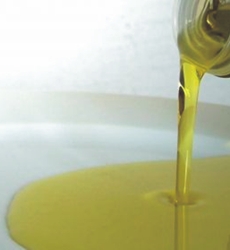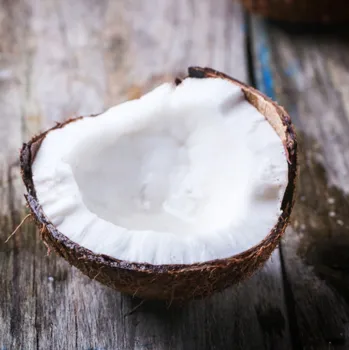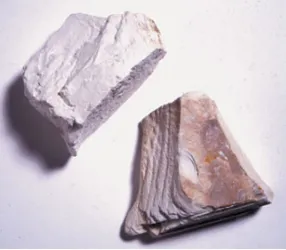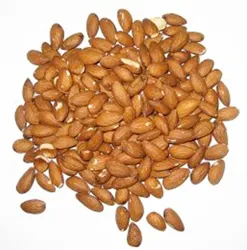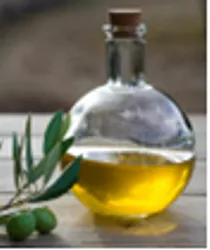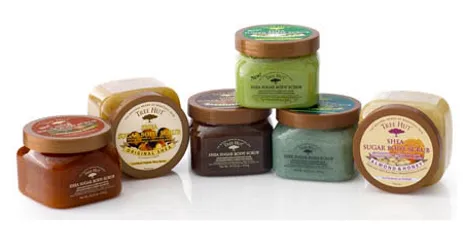
Coconut Oil Hair Treatments Prevent Damage
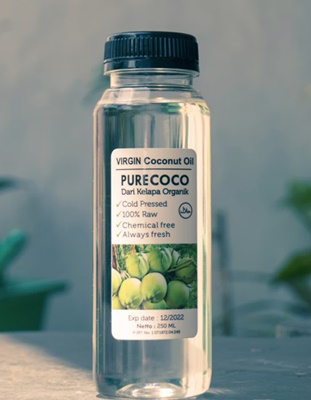 Rio Lecatompessy on Unsplash
Rio Lecatompessy on UnsplashHair oiling is a very big topic in the natural hair community.
It's also important for some people with long hair or who is trying to grow their hair long.
Applying oil to the hair is often done as a pre-cleansing treatment. Or it's applied after washing and styling hair as a sealant.
It is also used as in-between hair cleansing to seal and protect.
No two heads of hair are the same. Not everyone will benefit from adding oil to their hair.
Before deciding to use coconut or any other type of oil on your strands, make sure to do a small patch test.
Coconut Oil Hair Treatments Prevent Damage
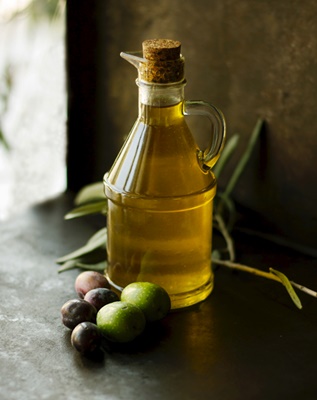 Roberta Sorge on Unsplash
Roberta Sorge on UnsplashOne of the big concerns with hair oiling is selecting the very best oils to use on the hair.
The list of potential oils which can be used for oiling hair is very long. It ranges from coconut, sweet almond, mineral oil, and sunflower oil, to name a few.
A key to finding a great hair oil is to find one which not only penetrates the hair shaft but also assists in preventing protein loss of the treated hair.
Studies have shown that only two oils can penetrate the hair shaft. Those two oils include coconut and olive oil.
All other oils used on the hair, including sunflower, mineral, sweet almond, cornflower, or jojoba oil only sit on the outside of the hair shaft.
It does not penetrate past the cuticle or seep down into the core of the hair.
Evaluating Three Most Popular Hair Oils
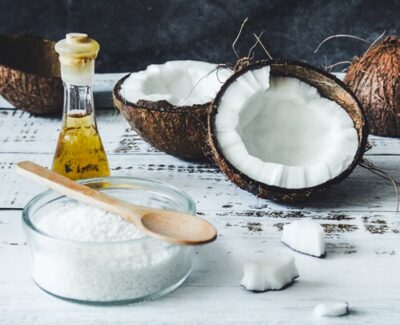 Photo by Tijana Drndarski on Unsplash
Photo by Tijana Drndarski on UnsplashExtensive studies utilizing a strict methodology evaluated and compared the properties of mineral, sunflower, and coconut oil on hair.
The ultimate goal of the experiments was to cover different oil treatments as well as the effect of these treatments on various hair types.
After evaluating three of the most popular hair oils - sunflower, coconut, and mineral - The National Center for Biotechnology Information, U.S. National Library of Medicine published a report.
The report demonstrated how coconut oil was superior for preventing damage to human hair of all types.
Taguchi Design of Experimentation
 Mike Marrah on Unsplash
Mike Marrah on UnsplashThe oils were tested utilizing the Taguchi Design of Experimentation.
Sunflower oil (SFO) was tested because it's thought to make excellent hair oil.
It's considered excellent because it's the second most utilized base oil in the hair oil industry.
Sunflower oil is a popular hair oil base because it's odorless at ambient temperatures.
It also has non-freezing properties.
Mineral oil (MO) is also a popular hair oil formulation because it's non-greasy
It's also much cheaper than sunflower or related vegetable oils.
Coconut Oil Is Only Oil Reducing Protein Loss
Scientific findings clearly indicate the strong impact which coconut oil has on hair. This is compared to sunflower and mineral oils.
Among the three tested oils, coconut oil was the only oil found to reduce the protein loss
Coconut oil also worked well for both undamaged and damaged hair. Especially when used as a pre-wash and post-wash grooming product.
Both sunflower and mineral oils do not help at all in reducing the protein loss from hair.
This difference in results could arise from the composition of each of these three different oils.
Ability For Oils To Penetrate The Hair Shaft
Coconut oil is a triglyceride of lauric acid. It's a principal fatty acid and has a high affinity for hair proteins.
Because of its low molecular weight and straight linear chain, coconut oil is able to successfully penetrate inside the hair shaft.
Mineral oil, being a hydrocarbon, has no affinity for proteins and therefore is not able to penetrate the hair.
Sunflower oils do not penetrate the hair fiber. It does not have a favorable impact on protein loss. It is a triglyceride of linoleic acid.
The oil has a bully structure due to the presence of double bonds. Unfortunately, it has no favorable impact on protein loss.
Summary
Coconut oil has been tested and compared to both sunflower and mineral oil.
Coconut oil also has a high affinity for hair proteins and will help in reducing protein loss from the hair.
It was found to be the only oil that can successfully penetrate inside the hair shaft.
When you want to oil your hair, reach for coconut oil for its proven scalp, root, and hair benefits.
Best wishes to all.Social Media Network Information
Please follow us on Twitter at: https://Twitter.com/HairBoutique. I look forward to meeting new people from all walks of Twitter and learning from their Tweets.


